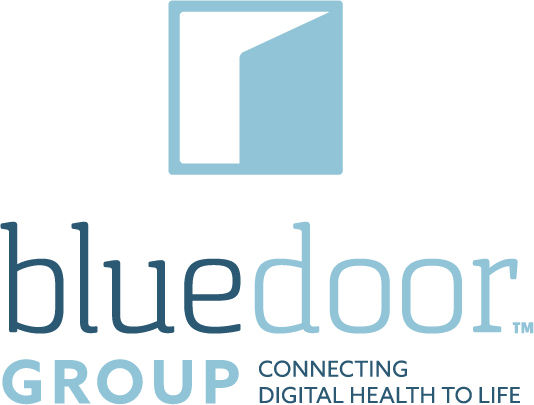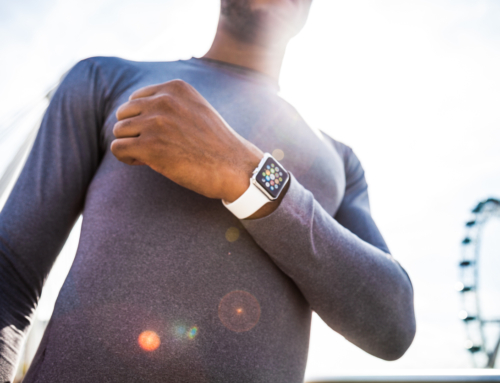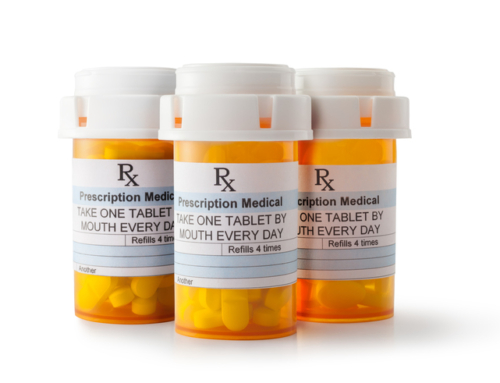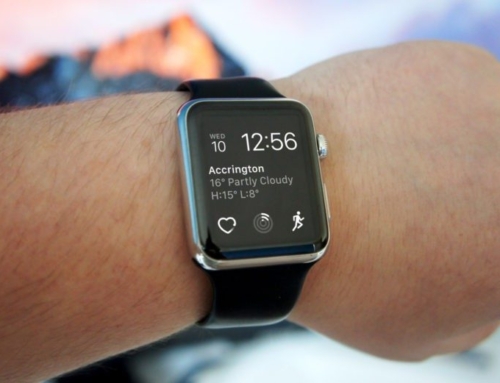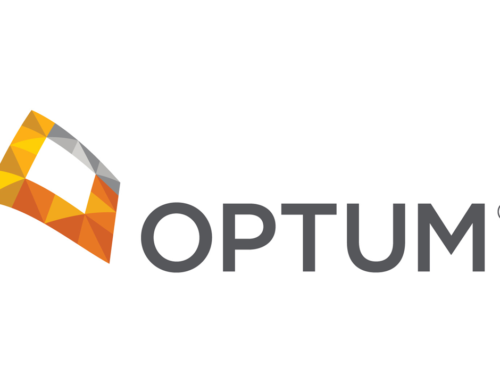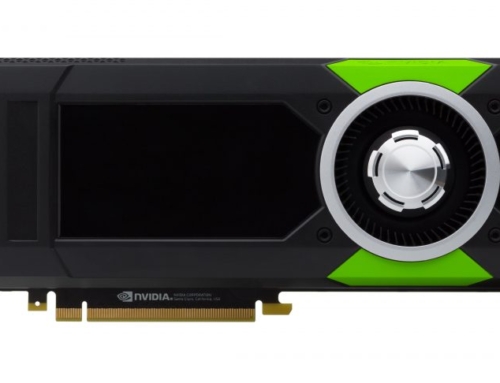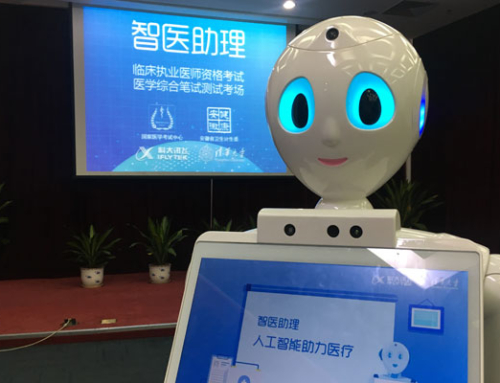By Jonah Comstock | June 30, 2017
With today’s acquisition of mySugr by Roche, the second quarter of 2017 hits a total of 12 digital health acquisitions — tying Q1 and bringing the total for the year so far to 24. Among these are some major names in the space, including telemedicine leader Teladoc, early digital health entrants Voxiva and GreatCall and even consumer tech giant Apple. Because only one acquisition had terms disclosed, we’ve led with that one and listed the others in chronological order. Click the “More” links to check out our past coverage of each deal.
Teladoc acquires Best Doctors — Only one of the quarter’s 12 digital health acquisitions had a disclosed purchase price. Late in the quarter, Teladoc acquired Best Doctors, a virtual medical consultation company, to enable a connected care platform focused on improving outcomes for some of the most complex medical conditions. Under the terms of the deal, Teladoc will pay $375 million cash and $65 million of Teladoc common stock. The company reports it has secured $360 million in financing from Jeffries Finance LLC and Jeffries Group LLC.
This acquisition takes Teladoc out of the realm of its current repertoire of offering primary care, common dermatology conditions and behavioral health (which it mainly does through episodic care) and into a wider spectrum of medical conditions, including those that are critical and often expensive. More.
Sense Health and Voxiva merge — In April, healthcare communications software companies Sense Health and Voxiva merged to form Wellpass, a messaging platform to connect payers, providers and the patients they serve. By joining forces, the two companies are blending sizable customer bases and an experience working with the complex organization structures of Medicaid programs. The financial terms of the deal were not disclosed.
Wellpass is an integrated messaging and patient engagement platform that allows health plans and providers to send text and secure messages to individuals or entire groups, enabling organizations to create condition-specific programs, enroll members in existing programs and also mitigate gaps in care with appointment reminders and eligibility determination. The new venture launches with a solid portfolio of customers and established programs. To date, Sense Health and Voxiva have together impacted over 3 million people, and the merger enters the market with an existing client base of more than 30 health provider organizations, over 70 state Medicaid health plans. More.
Intermedix acquires WPC Healthcare — Early in the quarter, information technology company Intermedix acquired Nashville-based WPC Healthcare, a data analytics company that works with hospitals and payers to improve compliance, outcomes, data management and patient engagement. The terms of the deal were not disclosed.
Intermedix, which makes cloud-based SaaS for healthcare providers, government agencies and corporations, has been building on its data analytics for healthcare platform since 2015 in effort to improve provider performance and care quality. The acquisition of WPC Healthcare marks the company’s first clinical analytics offering. With the addition of WPC’s machine learning capabilities, Intermedix aims to improve clinical and financial outcomes for hospitals, health systems and payers. More.
HIMSS acquires Health 2.0 — This quarter also saw MobiHealthNews’s parent company HIMSS announcing the acquisition of Health 2.0, the conference organization focused on healthcare technology innovation. HIMSS CEO H. Stephen Lieber said that while HIMSS has traditionally focused on mainstream technologies deployed by hospitals, networks and physician groups, the acquisition will make it possible for HIMSS to have a greater influence on the cutting edge of health IT. More
Medidata acquires Mytrus — In late April, Medidata, a New York City-based company that offers cloud storage and data analytics services for clinical trials, announced last week its plans to acquire Mytrus, a clinical trial technology company focused on patient-focused electronic informed consent and remote trials. The terms of the acquisition were not disclosed.
Medidata will roll up Mytrus’s main product, Enroll, into its existing Patient Cloud of patient-facing services. It will add capabilities that allow trial organizers to educate patients about the clinical trial experience with multimedia and interactive content; help site investigators to better understand patient questions and open up dialogue with patients; and increase patient retention and compliance by improving remote tracking of consent, document management, and version control. More.
DocuTAP acquires Clockwise.MD — Souix Falls, South Dakota-based DocuTAP, which makes tablet-based EMR and practice management software, acquired Atlanta-based Clockwise.MD, a maker of mobile appointment-booking software, toward the end of April. The terms of the deal were not disclosed.
In a short post on the company’s website, DocuTAP CEO Eric McDonald described the move — his company’s first acquisition — as a way to bolster DocuTAP’s patient engagement capabilities.
“Because Clockwise.MD has started to own the patient engagement space, and because their products and service are unbeatable, it made sense to unite the strength of two dynamic companies into one,” McDonald wrote. “The result is a new and stronger DocuTAP with an expanded slate of products including Clockwise.MD’s patient engagement solutions Queue and Survey.” More.
Apple acquires Beddit — In May, Apple acquired consumer-facing sleep tracking company Beddit for an undisclosed amount. This is an interesting acquisition for Apple, which has largely eschewed the sleep tracking space even as it’s become commoditized for the rest of the wearable tracker space.
Beddit’s website suggests that its offerings and customer experience will remain unchanged at least for the moment. Beddit was already iPhone compatible, synced with the Health app, and its latest model, Beddit 3 Sleep Tracker, was already available in Apple retail stores. Beddit added an Apple Watch app in 2014 and relaunched it for WatchOS 2 in 2015. More.
(Apple also acquired an AI startup called Lattice. While we’re not ready to classify it as a digital health acquisition, we did note that the startup has a history in healthcare.)
The Wellness Network acquires Milner-Fenwick — The Wellness Network, a Pewaukee, Wisconsin-based television and digital media network for hospitals, acquired patient education video publisher Milner-Fenwick in May. The financial terms of the deal were not disclosed.
Together, the companies’ customer base will account for half of the hospitals in the United States. With the acquisition of Hunt Valley, Maryland-based Milner-Fenwick, The Wellness Network immediately ups its customer base to 3,200 hospitals and gains 690 peer-reviewed health education videos. Milner-Fenwick, which has functioned as a small, family-owned company for more than four decades, will continue producing videos as a subsidiary of the Wellness Network. More.
Medvivo acquires Expert 24 — UK-based Medvivo, which provides integrated services ranging from telemedicine to connecting people with primary care outside of normal office hours, has acquired clinical decision support company Expert 24. The purchase price of the deal was not disclosed, but investment firm Eight Roads provided the funds. The acquisition of Expert 24 (which will require hiring more UK-based developers) will help the company build up its offerings and expand throughout the UK, Europe, and the United States. More.
GTCR acquires GreatCall — In June, GreatCall, the San Diego company that started out making smartphones for seniors in 2006 but now offers a suite of connected safety products for aging in place individuals, was acquired by Chicago-based private equity firm GTCR. The amount of the deal was not disclosed.
According to GTCR Managing Director Lawrence Fey, the plan is to keep the GreatCall team on board and let them run the company in much the same way they have up until now. The biggest change the firm has in mind is that GTCR, which has some security alarm companies in its portfolio, believes it can improve the performance of GreatCall’s 5Star call center. More.
Main Capital Partners acquires Verklizan — Dutch investment company Main Capital Partners acquired a majority stake in Verklizan, a Dutch telehealth infrastructure company. Currently Verklizan operates in the Netherlands, Germany, England, France, and Spain, but one of the goals of the acquisition is to support continued international expansion. Verklizan offers a “innovative, cloud-based, Connected Healthcare platform for social alarms and remote care”, according to the company. The company currently offers its UMO platform to 300 provider customers, serving more than a million patients altogether. More.
Roche acquires mySugr — Just this morning, Roche announced it would become the exclusive shareholder of diabetes management app company mySugr.
Under the agreement, mySugr will continue to function as a separate legal entity, but will serve as the central point of Roche Diabetes Care’s patient-focused digital health services. In turn, the global footprint of Roche will be a boon for mySugr’s international expansion, but its expanded role will not limit any other projects or partnerships the digital health company may wish to take on. More.
